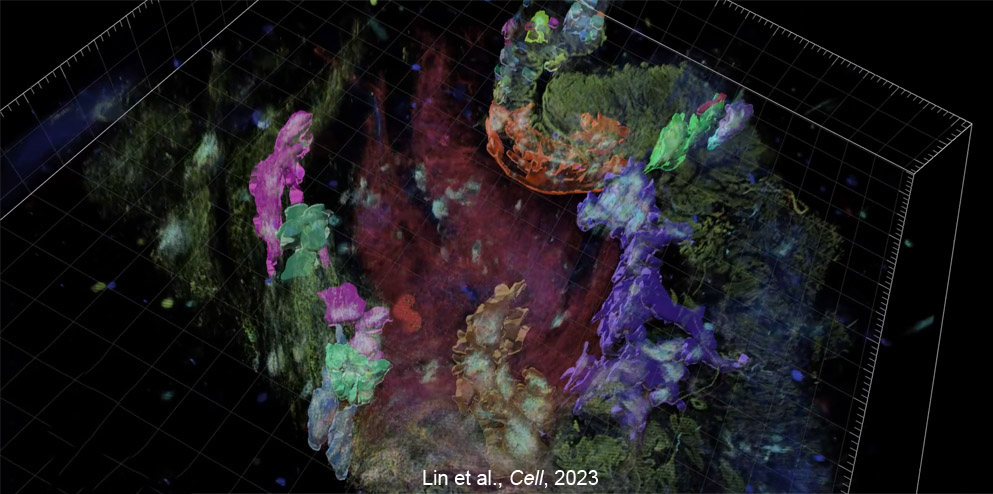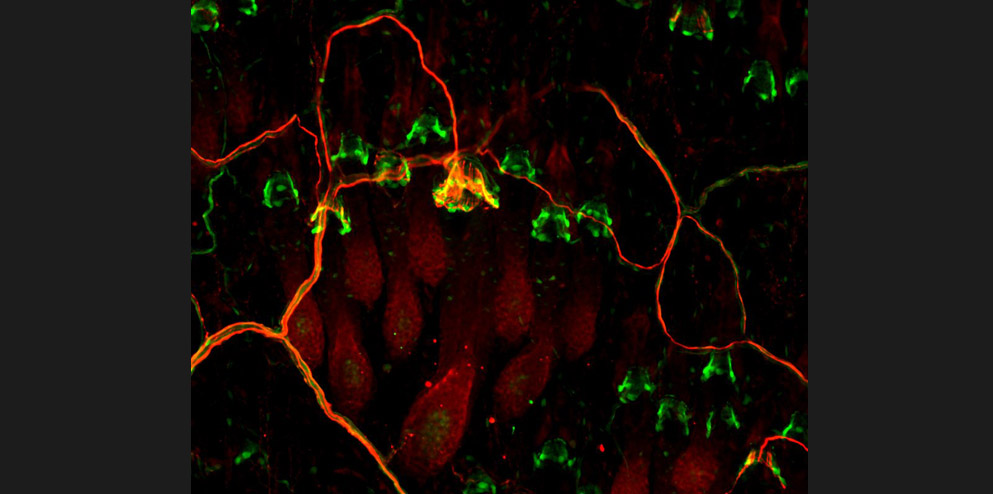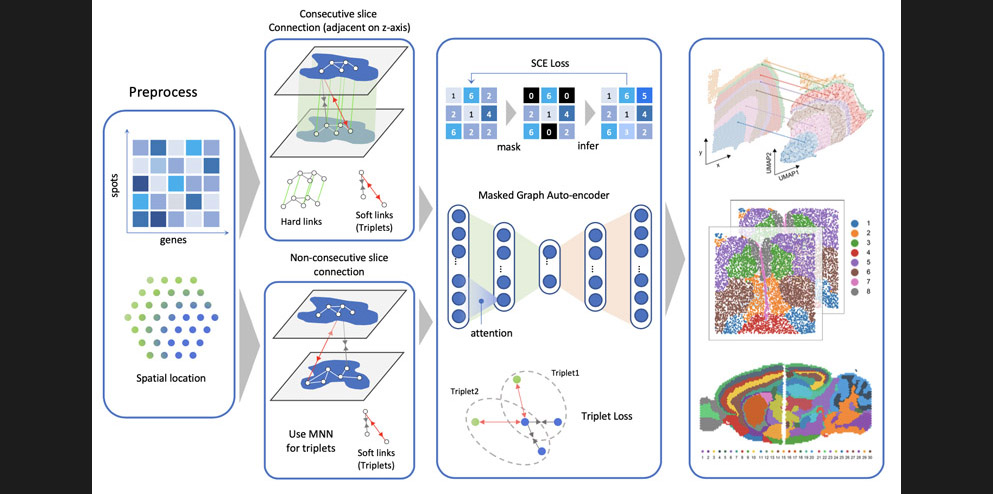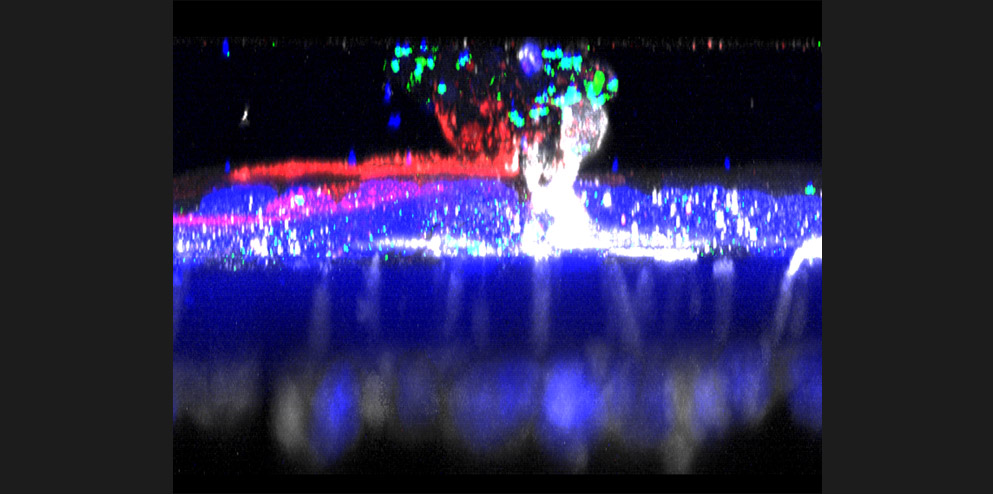
Tissue Physiology, Damage, and Cancer
At the Center for Computational Systems Biology, our investigators study integrative mechanisms that drive tissue behavior and dysfunction in conditions such as pancreatitis, chronic lung diseases, inflammatory bowel diseases, and cancer. Leveraging advanced spatial technologies like imaging mass spectrometry, we analyze tissue structure and disease progression in cancer, diabetes, and infections. We use multimodal experiments, computational tools, and patient data to advance diagnostics and treatments. Our work also examines epithelial responses to wounds, integrating imaging and modeling to uncover healing mechanisms. High-throughput single-cell experiments combined with machine learning allow us to link environmental factors to tissue structure, inflammation, and cancer progression.


